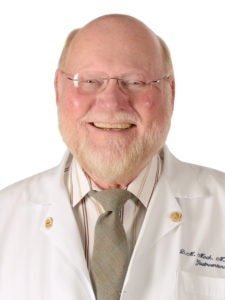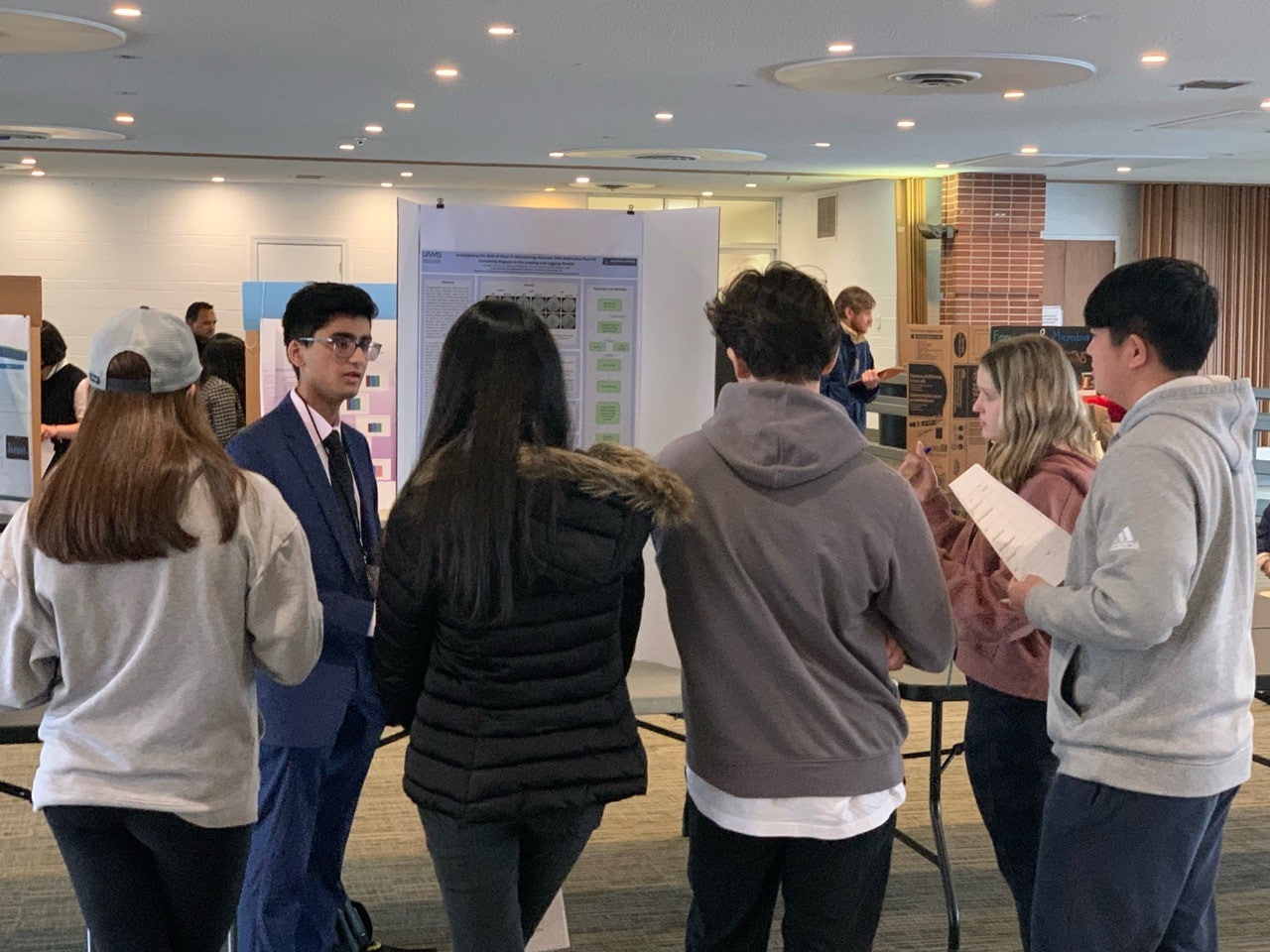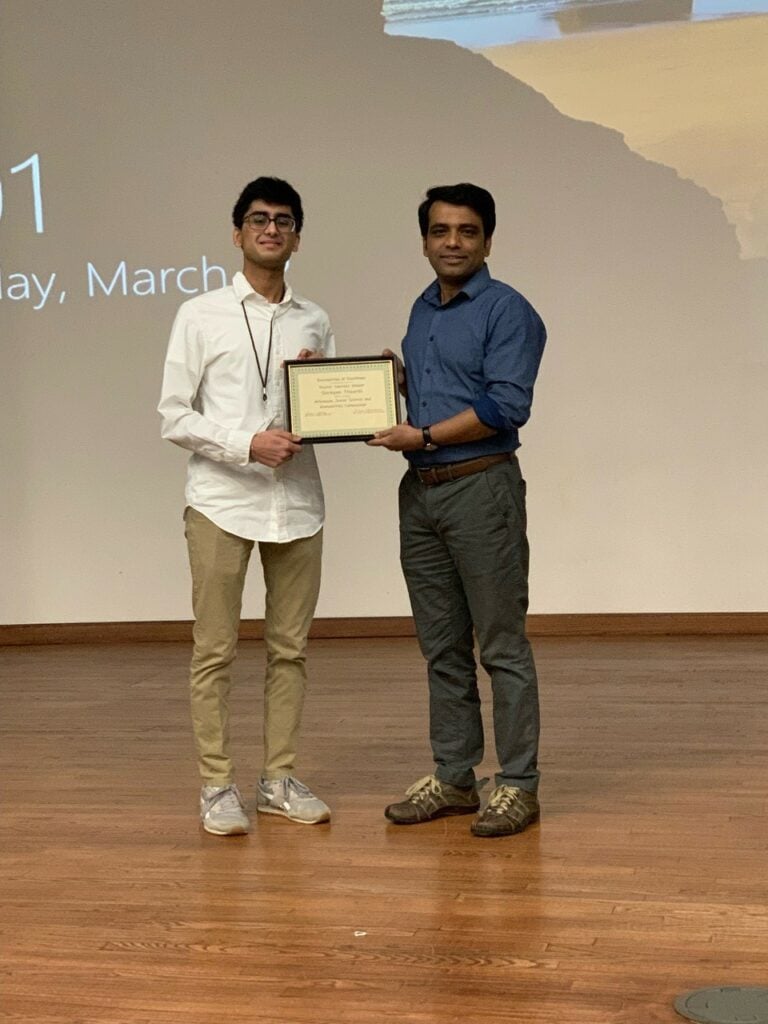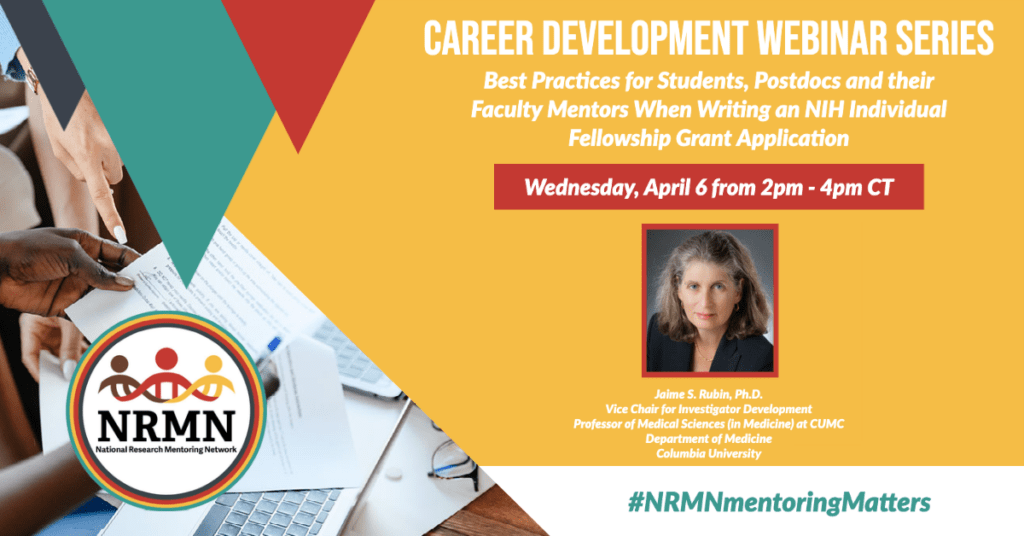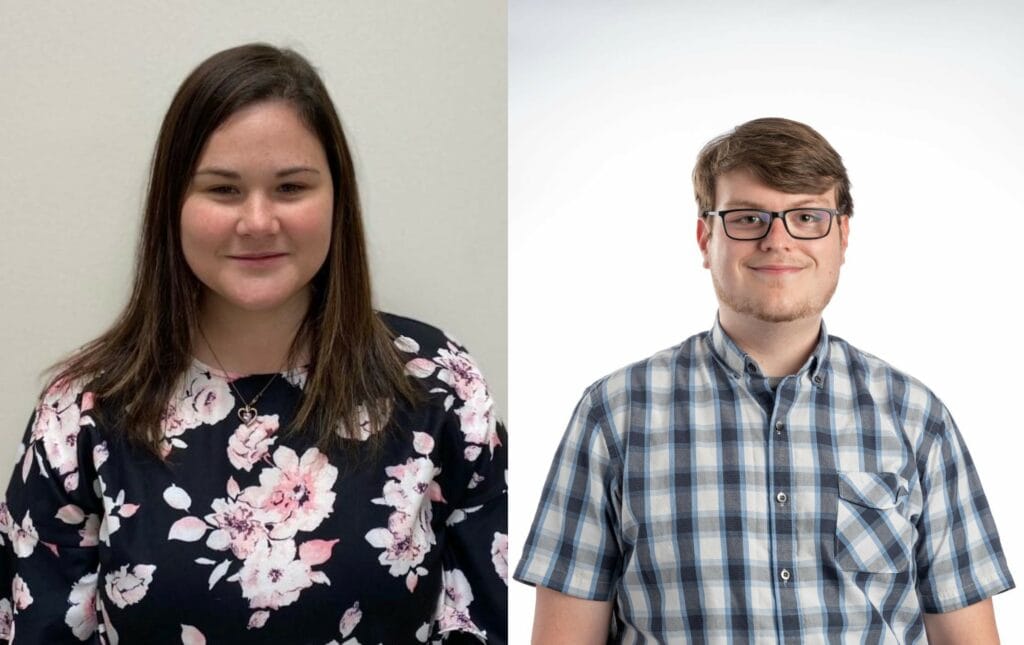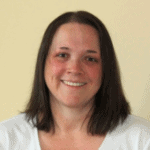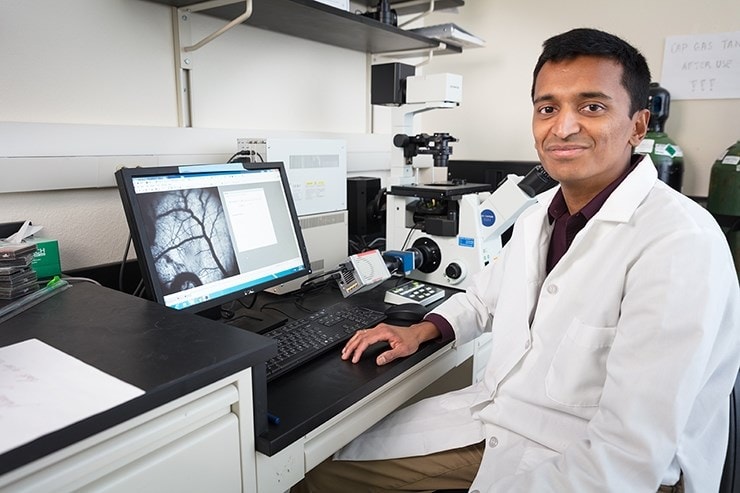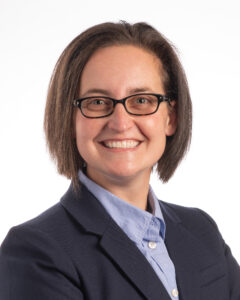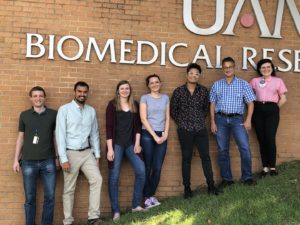
The Changing Landscape of Systemic Treatment for Cervical Cancer: Rationale for Inhibition of the TGF-β and PD-L1 Pathways.
Birrer MJ, Fujiwara K, Oaknin A, Randall L, Ojalvo LS, Valencia C, Ray-Coquard I.
Front Oncol. 2022

Role and Regulation of Pif1 Family Helicases at the Replication Fork.
Malone EG, Thompson MD, Byrd AK.
Int. J. Mol. Sci. 2022
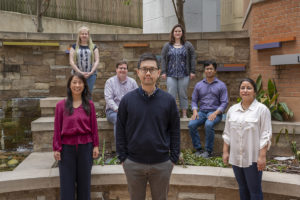
ZMYM2 restricts 53BP1 at DNA double-strand breaks to favor BRCA1 loading and homologous recombination.
Lee D, Apelt K, Lee SO, Chan HR, Luijsterburg MS, Leung JWC, Miller KM.
Nucleic Acids Res. 2022
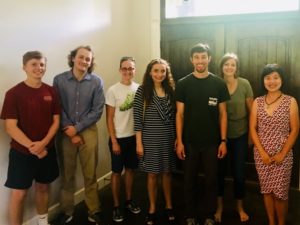
Identification of natural compounds tubercidin and lycorine HCl against small-cell lung cancer and BCAT1 as a therapeutic target.
Chen J, Barrett L, Lin Z, Kendrick S, Mu S, Dai L, Qin Z.
J Cell Mol Med. 2022

